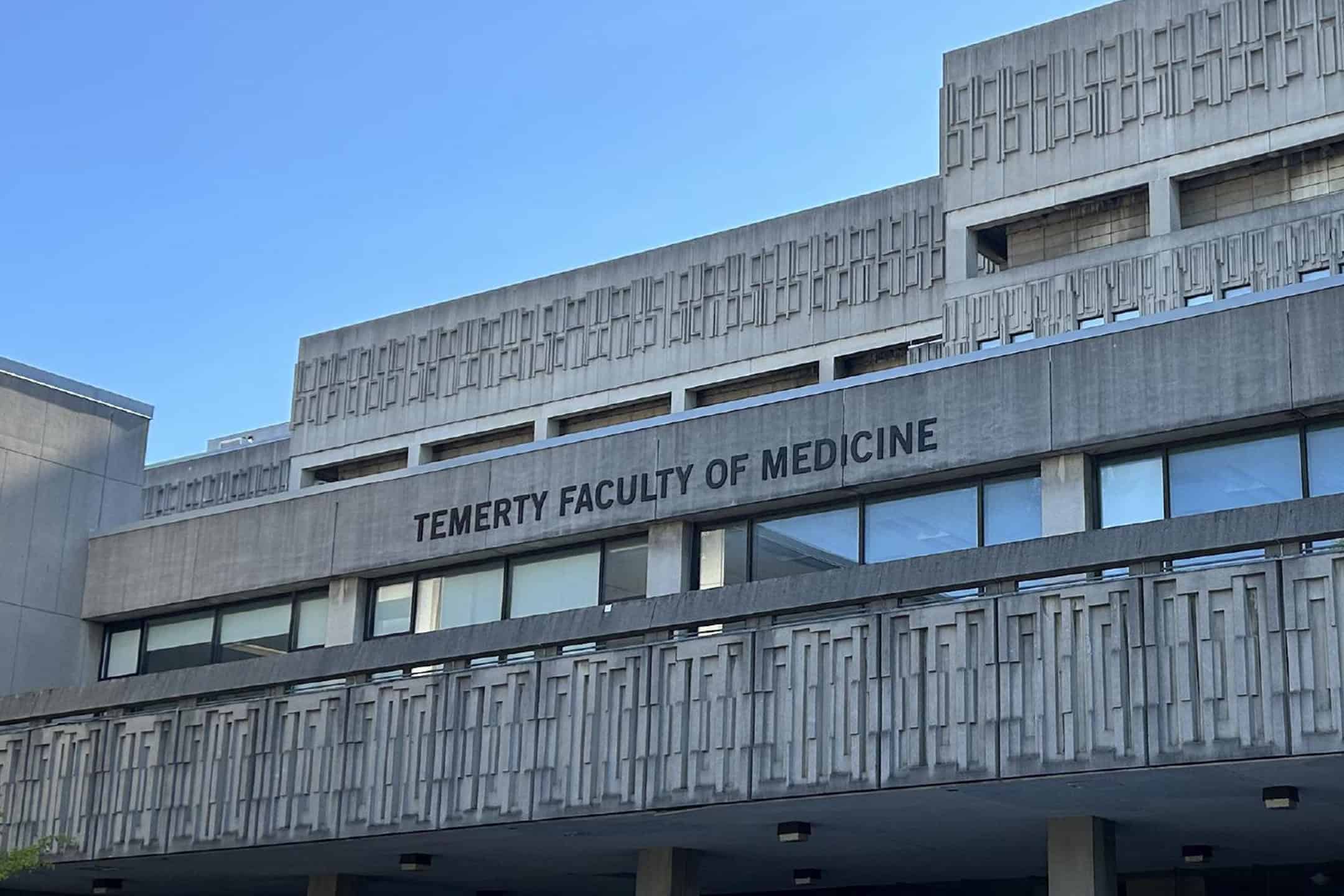Content warning: This article discusses sexual violence and mentions rape, racism, transphobia, and ableism.
In the wake of recent accusations of misconduct at the Temerty Faculty of Medicine, there are tensions surrounding an even earlier instance of sexual violence on campus — UTM Biology Professor Robert Reisz and his continued employment despite an external investigation finding him guilty of sexual harassment.
At the time of writing, U of T is in the first eight weeks of the semester — the infamous “Red Zone” when most sexual violence occurs on university campuses — and our attention is being drawn to the prevalence of abuse and harassment in our community.
At times like these, it’s important for us to remember that when deciding whether to believe a survivor, believing is often the more logical choice.
A history of sexual violence on campus
In 2020, U of T alumni Yara Haridy and Bryan Gee submitted a 72-page report to U of T’s Department of Ecology & Evolutionary Biology, detailing the bullying, sexual harassment, and racism they experienced by their then-graduate advisor, Reisz.
U of T hired a workplace investigator, who determined that Reisz was guilty of violating the university’s Sexual Violence and Sexual Harassment Policy — citing incidents such as calling Haridy “babe” in an email and saying “if [I] were a few years younger [I] could really go for someone like [Haridy].”
Despite the investigation’s verdict, Reisz remains an active professor at UTM. In November 2022, an open letter which now has almost 2,000 signatures called on the university to terminate Reisz, to no avail. When The Varsity asked President Meric Gertler about Reisz’s continued employment and the steps U of T has taken to inform students of his conduct in a 2023 interview, he offered little beyond a generic statement about promoting safety and inclusivity within the community.
Recently, the Prevention, Empowerment, Advocacy, Response, for Survivors (PEARS) project is a “trauma-informed” group dedicated to supporting survivors of violence and abuse at U of T again. On September 17, PEARS issued an open letter recounting numerous reports of sexual harassment, racism, transphobia, and ableism at the Temerty Faculty of Medicine, noting that when these incidents are brought to the attention of the faculty, survivors are often dismissed or threatened with police involvement.
In response to this institutional violence, PEARS posted anti-harassment posters around the faculty, advocating for workplace safety and the termination of Reisz’s employment. In an Instagram post, PEARS wrote that some of these posters have been torn down by members of the faculty.
Logic and belief
We often hear the phrase “believe survivors” which can be mistakenly interpreted as a beseechment to, regardless of the evidence or lack thereof, blindly believe anyone who raises an accusation. This misconception is likely so widespread because it supports narratives that aim to discredit survivors. “Believe survivors” does not ask you to disregard logic — in fact, it encourages you to focus purely on logic.
Take those who spoke out against Reisz. Setting aside the fact that an investigation already determined that Reisz was guilty of harassment, why could we have reasonably assumed that Haridy and Gee were probably telling the truth anyway?
Historically, survivors who go public with their experiences of violence at the hands of powerful men have been vilified, discredited, and blacklisted. In 2019, journalist E. Jean Carroll sued former US president Donald Trump for sexually abusing her in the mid-1990s. Trump claimed that he wouldn’t have raped her as she wasn’t his “type,” his attorney argued that Carroll was someone who “seeks fame wherever she [can] get it.”
In the courtroom, Carroll’s attorney asked if she ever regretted going public. She said that she did, “about five times a day.” Trump was ultimately found guilty of sexual abuse and defamation, but not until Carroll had faced four long years of obscene denigration for speaking out against a powerful man.
Carroll’s story is depressingly typical. Haridy and Gee took the risk, and the logical conclusion was that they weren’t lying. They didn’t have academic prestige — Reisz did. They didn’t have a massive institution standing behind them — Reisz did.
So many survivors aren’t granted the justice of an investigation, let alone a conclusive one. Less than half, 42 per cent, of sexual assault cases in Canada conclude a guilty verdict.. Even if investigators prove that a survivor is telling the truth, they cannot guarantee that an abuser will be removed from the position of power that enabled their abuse in the first place.
I’m not advocating for a witch hunt, as some may call it. I’m simply urging you to consider accusations like those against the Temerty Faculty of Medicine, and ask yourself this question: does it make sense to assume that this accuser is lying?
Remember, witches aren’t real. Abusers are.
Ava Reitmaier Stone is a second-year student at Victoria College studying political science and literature & critical theory. She is a Campus Affairs Columnist for The Varsity’s Opinion section.


